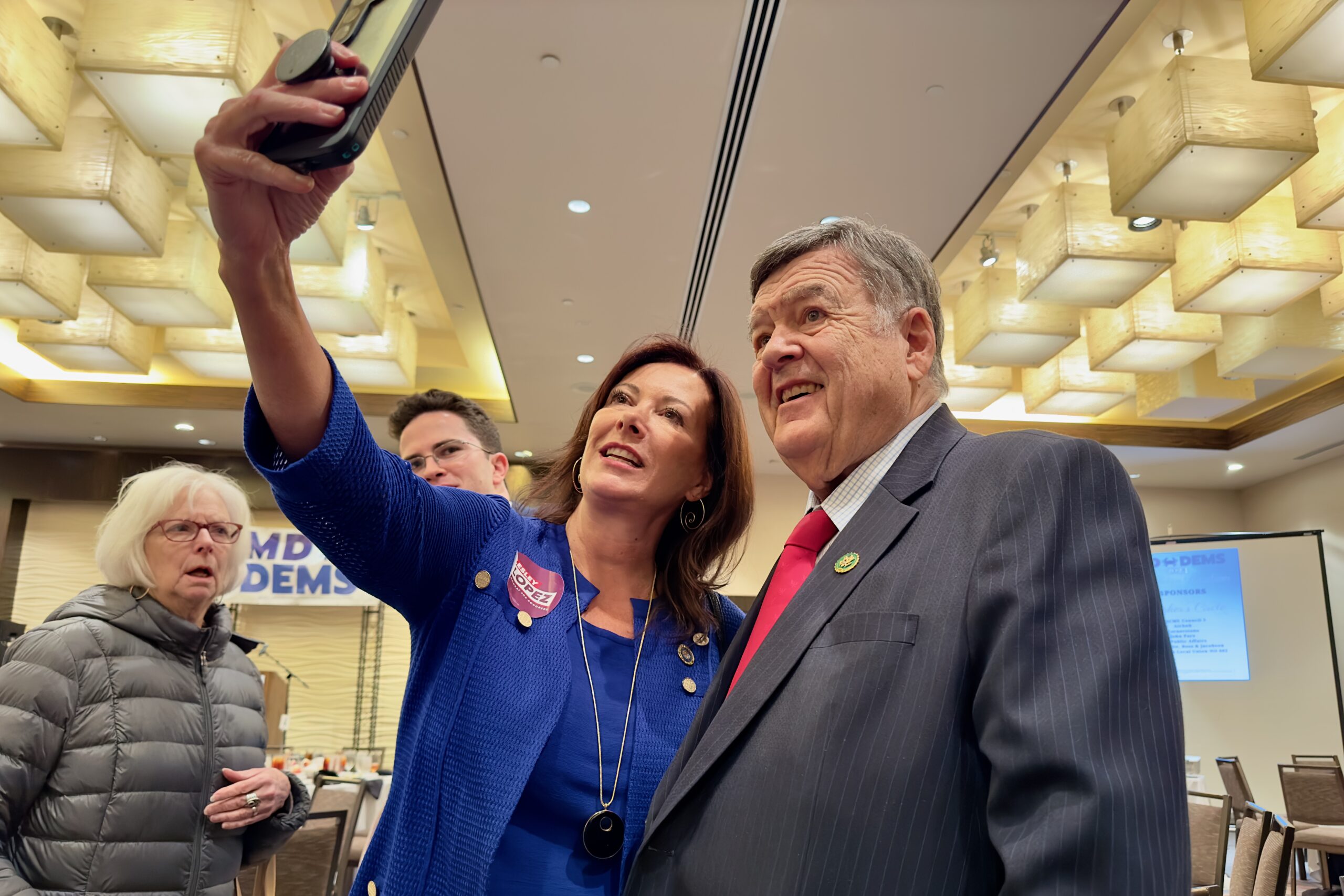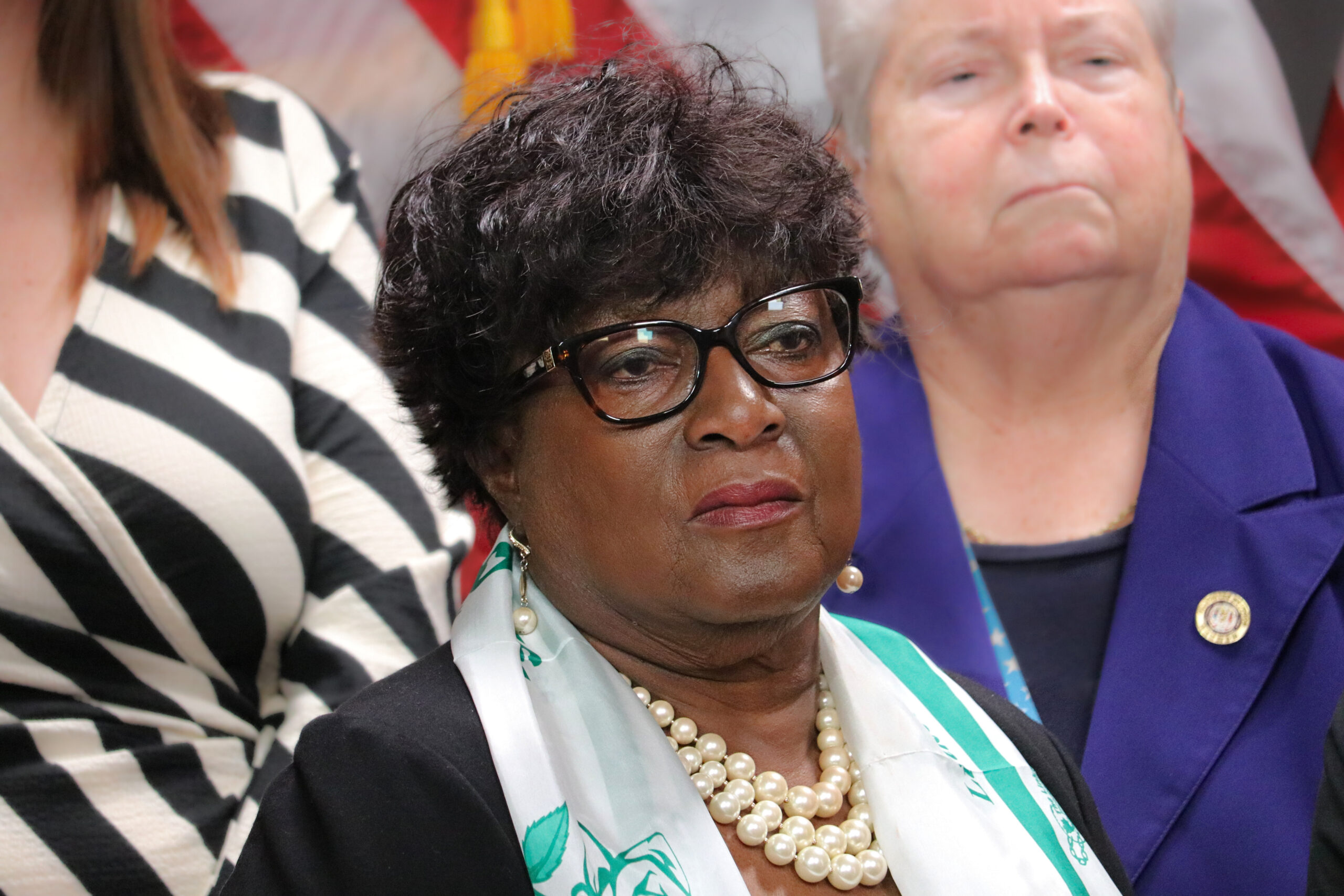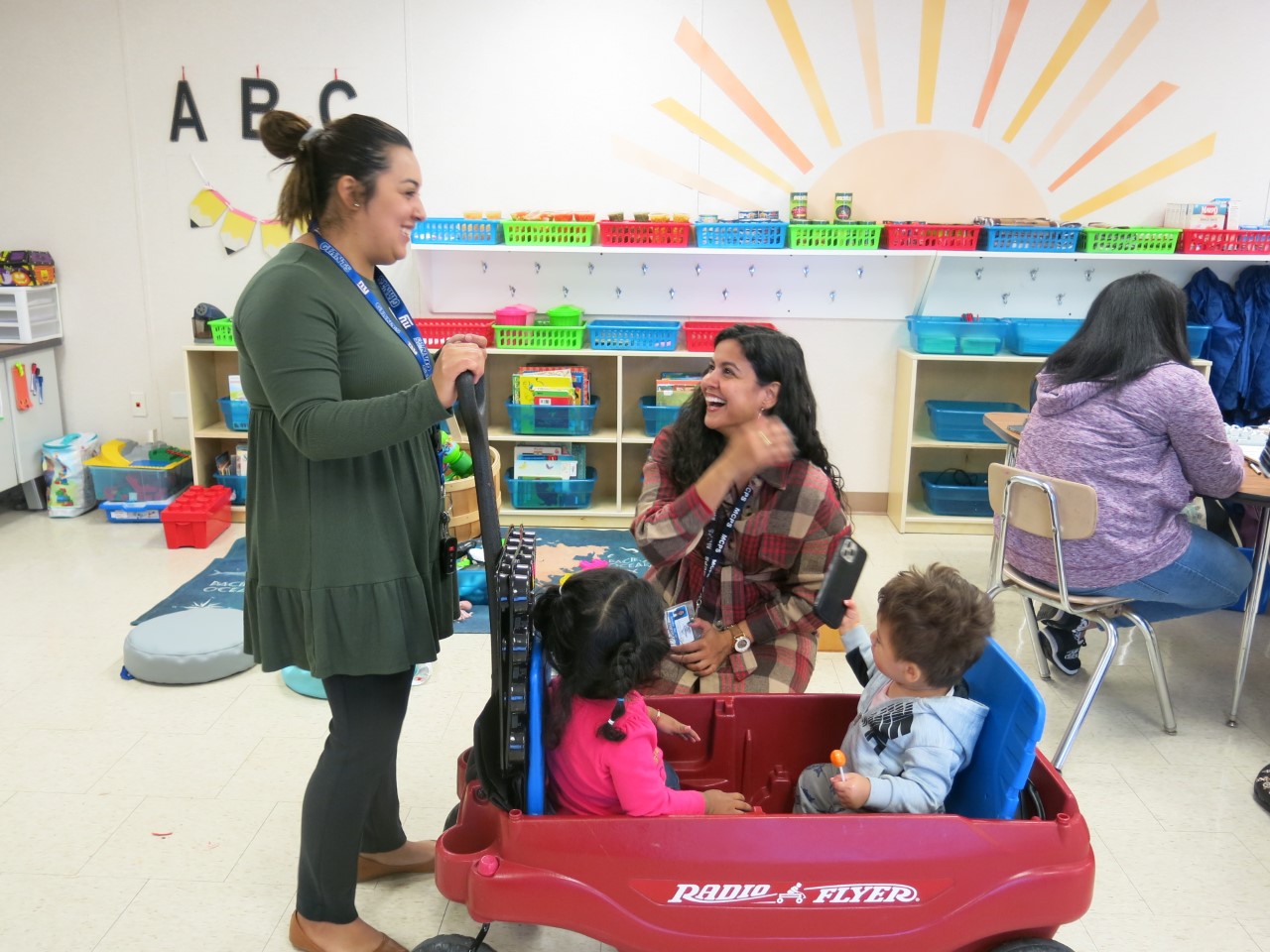Bills Address Special Education Challenges During COVID-19
Many students have experienced academic and social challenges while learning from home, but trying to replicate school for special-needs children has been an especially confounding undertaking that some Maryland lawmakers are trying to alleviate.
Hundreds of students who requested an assessment for special education service eligibility were left hanging, Lori Scott, a parent, told the House Ways and Means Committee this week. Some started the school year in the fall not knowing whether they had special needs accommodations or not, she said.
A federal law called the Individuals with Disabilities Education Act gives every child the right to services necessary to learn, and children with disabilities are given an Individualized Education Program (IEP), a written plan that details how a school would meet student’s unique needs.
But before students can receive an IEP, they must go through an educational assessment that parents say has been greatly delayed by the pandemic.

Del. Michael Griffith (R-Cecil).
Some school districts have made these evaluations fully virtual or pushed them back a year, meaning that some children are over a year behind academically, said Del. Michael Griffith (R-Cecil), who has a son with autism. But Griffith said he believes these evaluations must be done in person, which is not possible in some districts due to school closures.
“This is very harmful to students in need of specially designed instruction and accommodations, as they wait for diagnosis and appropriate interventions,” Scott said.
A bill sponsored by Griffith would mandate that local school systems pay parents with special needs children for educational assessments offered outside of school if the school system itself cannot provide one in a timely matter.
More specifically, if the school district does not respond to a request for a special needs evaluation within 30 days or approves the request but does not complete an assessment within 60 days of receiving the request, the school system must pay parents for a third-party evaluator.
“The IEP process in many cases is a primary tool in helping so many children get the constitutionally protected education these children desperately need,” Griffith said. The bill would protect students’ right for the IEP, he said.
To preclude communication lapses that some special education students and parents faced with schools this year, Del. Michele J. Guyton (D-Baltimore County) is proposing a measure that requires IEPs to include a learning continuity plan that allows for parent feedback during emergency prolonged school closures.

Sen. Michele J. Guyton (D-Baltimore County).
“This year we learned what worked and what didn’t work for special education students,” Guyton said. “But mostly we learned that a prolonged lapse between school closure and the provision of special education services is problematic both to student success and to parent-school partnerships.”
Emergencies can range from imminent weather hazards and earthquakes to a global pandemic and cyber-attacks.
Rico Winston is a single father with an 11-year old son with autism who attends Baltimore City Public Schools. His son’s education “was in a tailspin and then was followed by a straight nosedive” when the pandemic hit, Winston said. The bill would provide essential pre-planning for special needs students that would preclude this year’s obstacles, he said.
Scott said that her daughter got an alternative service delivery plan but no one called to ask for her input on what worked best for her daughter in a virtual environment. “Proactive planning and intentional inclusion of parents at the table, in advance, can and will enhance the virtual and hybrid learning and minimize potential compensatory service payouts,” she said.
Guyton’s bill would require IEP teams to confer with parents and guardians and figure out a learning continuity plan, detailing ways to deliver special education services and extended school year services as needed during emergency situations, which Guyton defines as 10 or more missing school days.
The learning continuity plan must also include internet access, behavior health support and daily or frequent synchronous interaction with peers and certified employees and should be ready within 10 days of the school closure.
“This advanced planning directive would provide an educational input from everyone involved that will transition to non-traditional education more seamless and less contentious” Guyton said.




 Creative Commons Attribution
Creative Commons Attribution